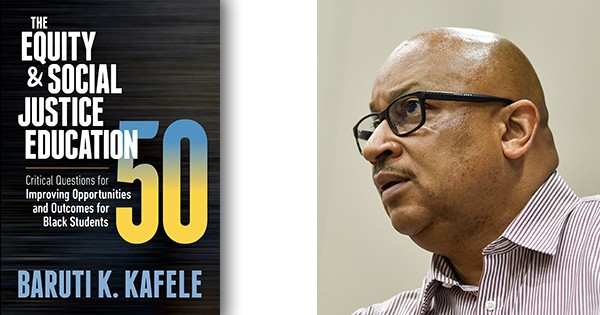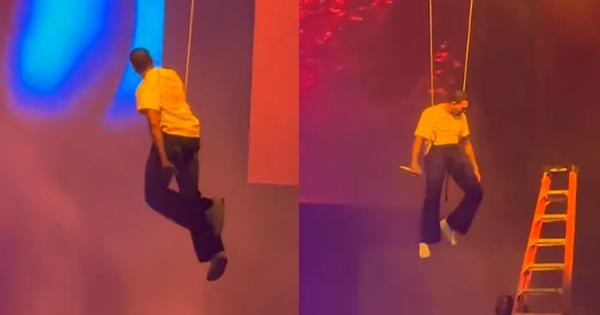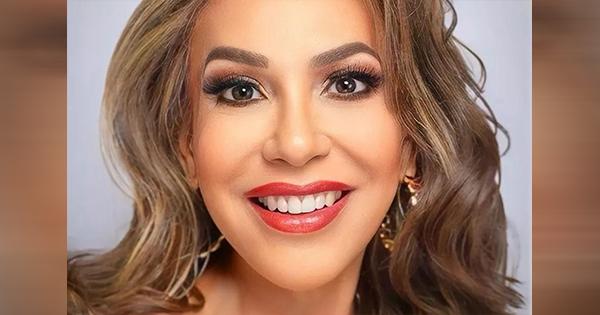
Nationwide — It’s been over 60 years since the landmark Brown vs. the Board of Education Supreme Court decision back in 1954, but over 60 years later, the masses of Black children continue to find themselves on the wrong side of the “achievement gap,” while simultaneously experiencing the highest rates of disciplinary referrals, suspensions and expulsions nationally. Dramatic, significant, and immediate change must therefore occur in America’s classrooms toward shifting this reality for Black students. Equity must be at the heart of this shift which is inclusive of your Black students’ individuality, cultural identity & “voice”… the ability to “express themselves” and the ability to “find themselves” in the classroom.
How do you ensure that no student is invisible in your classroom? How do you make the distinction between equity as the vehicle versus equity as the goal for each of your students? What measures do you take to ensure that you are growing as a culturally relevant practitioner? Can your students, particularly your Black students, articulate, beyond emotional reactions, the injustices that surround them? The foregoing questions are essential for any educator. They are those Principal Kafele poses and on which he suggests educators deeply reflect as educators of Black students. The Equity & Social Justice Education 50 will help educators understand the importance of having an equity mindset when teaching students generally and when teaching Black students in particular. It defines social justice education and sheds light on the issues and challenges that the Black community faces, as well as the successes they’ve achieved, providing educators with a pathway to infusing social justice education into their lesson plans. And along the way, Principal Kafele reveals personal experiences from his distant and recent pasts to highlight how important it is that Black students see themselves in all aspects of education every day.
Educators play a critical role toward student outcomes. The questions that Principal Kafele asks in this book will help enhance their understanding of race, systemic racism, and racial justice relative to the classroom and guide them in developing strategies and lessons that speak to Black students in ways that truly support their achievement.
Order your copy today at PrincipalKafele.com which will link you to Amazon and the publisher at ASCD.org.
About The Author
Milken National Educator, international-renowned speaker, and best-selling author, Principal Baruti Kafele has excelled in the capacity of teacher and principal. As a teacher in NJ, he was selected as the district and county teacher of the year. As a principal, he led the turnaround of four different New Jersey urban public schools, including Newark Tech, which was three times recognized by U.S. News and World Report Magazine as one of America’s best high schools. Principal Kafele is the author of twelve books including his recently released title, The Equity & Social Justice Education 50.
PRESS CONTACT:
Principal Baruti Kafele
principalkafele@gmail.com
(201) 424-0201








